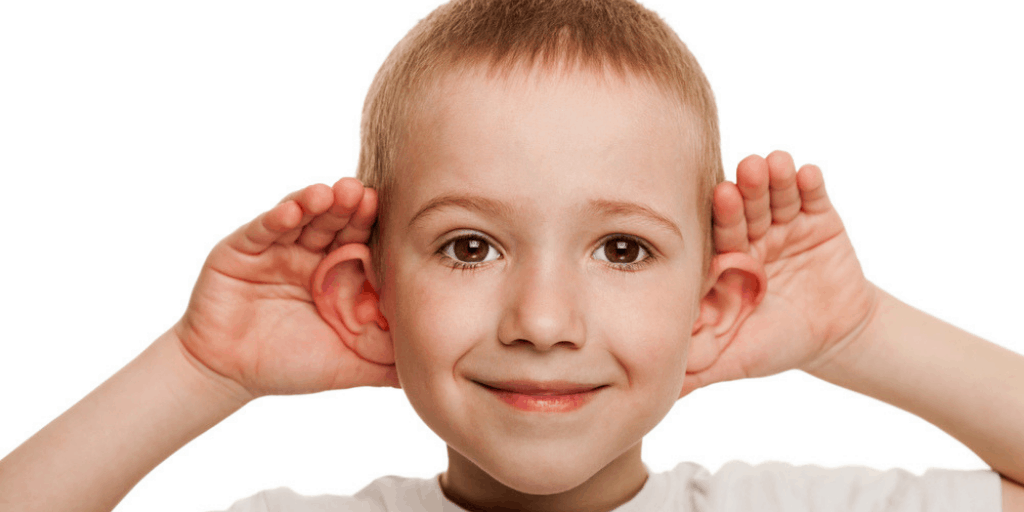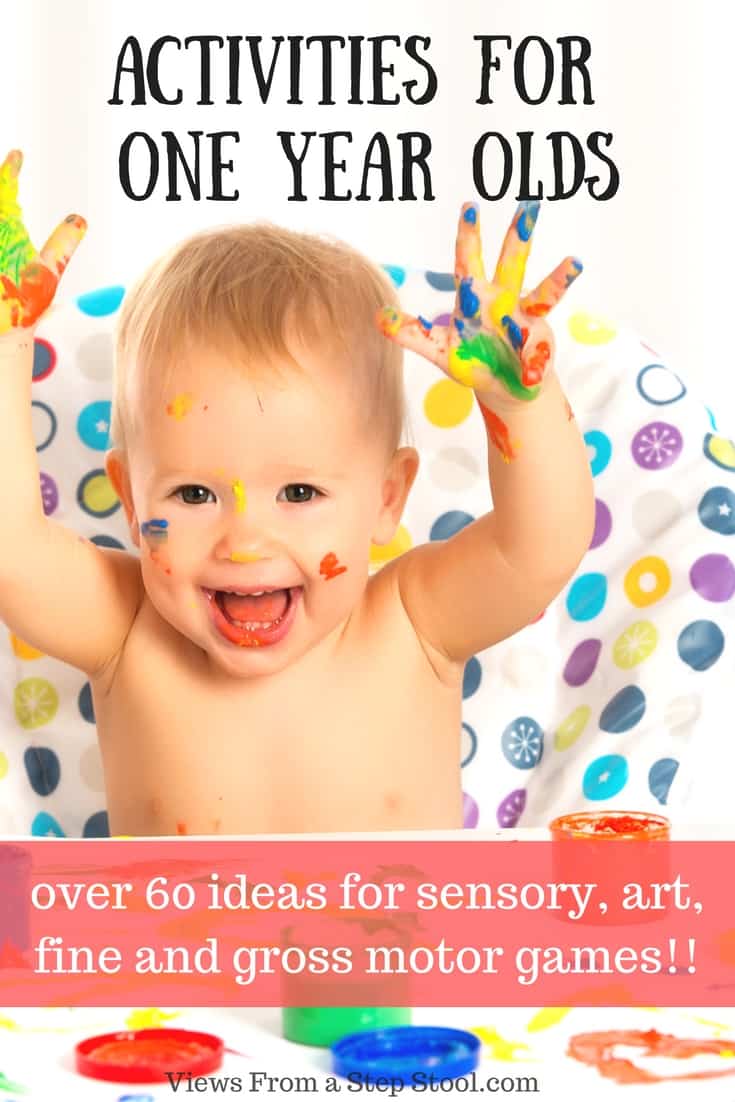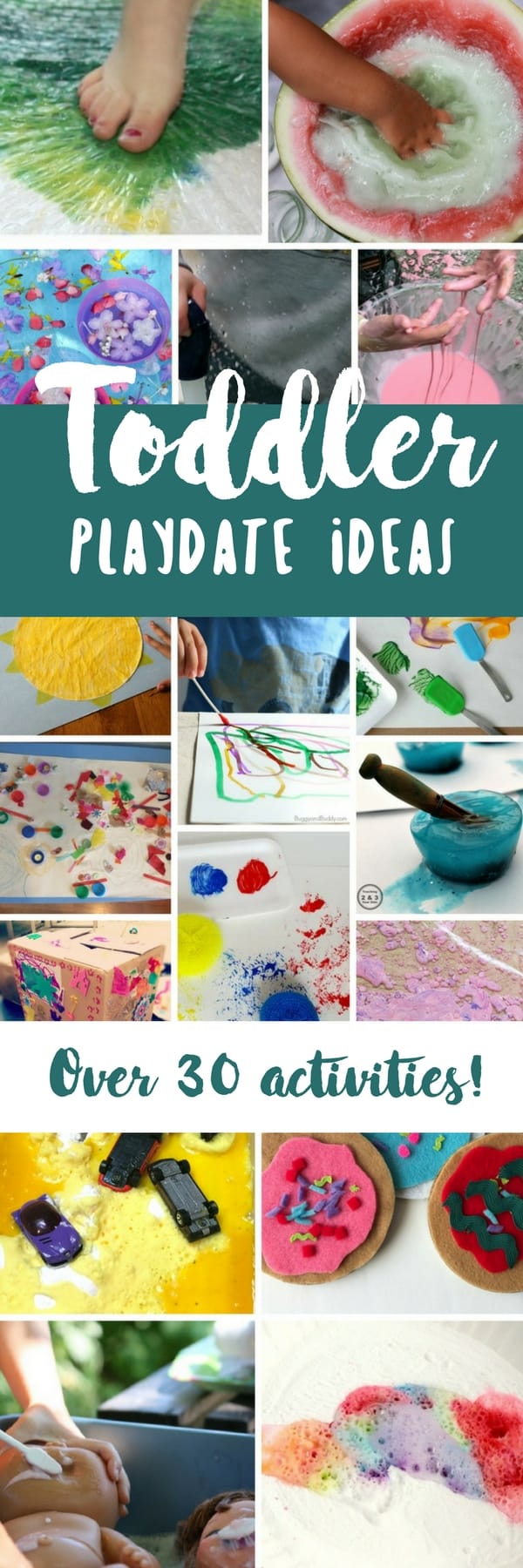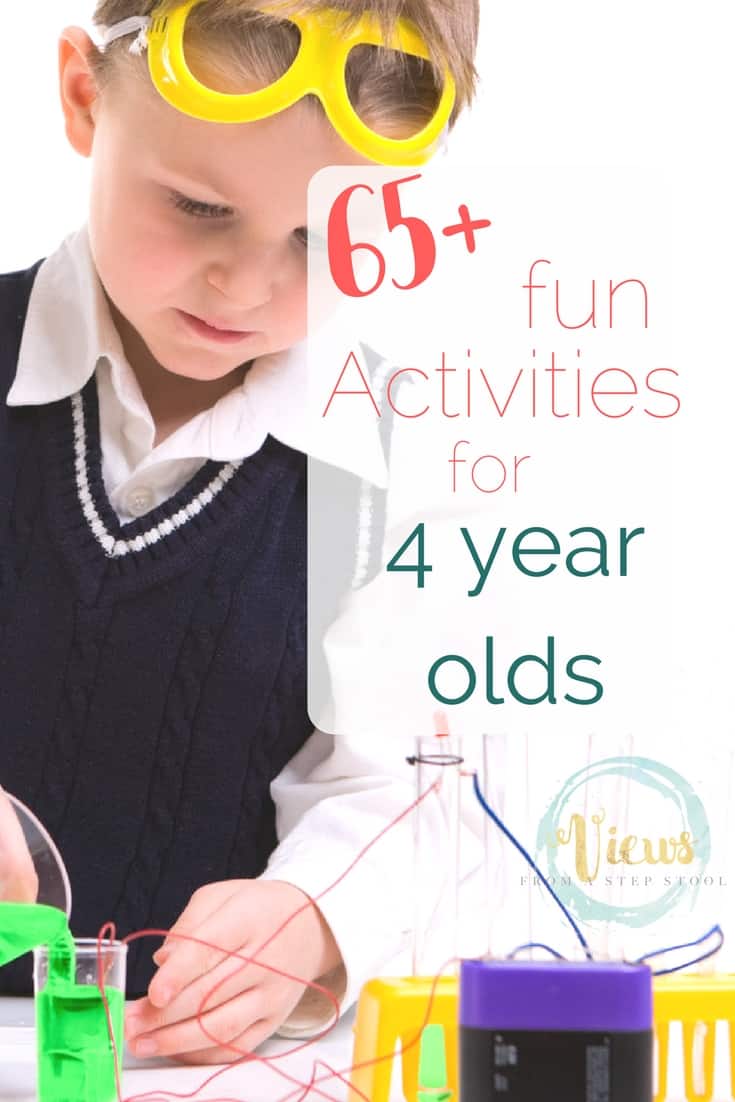If you’re looking for ways to help your sensory sensitive child, you have the power to make it happen! Do your research and find a way!
It is easy to feel lost when you have a sensory sensitive child. The good news is there are a lot
of great resources out there for your child but finding them can be a bit of a challenge. There are
a few things you can do to help get the ball rolling to get help for your sensory sensitive child.
I am the proud parent of a sensory sensitive child myself. It is a part of his temperament, he is emotional and empathetic and observant. He notices and reacts to input that others don’t even seem to be aware of. His keen perception helps him feel for others, and can make him easily disappointed or quick to anger.
As a parent of a sensory sensitive child, it’s essential to acknowledge and celebrate their unique temperament while also seeking guidance to help them thrive. Parenting a sensory sensitive child involves a delicate balance of understanding their sensitivities, providing a supportive environment, and finding effective coping strategies. Fortunately, there are abundant resources available that cater specifically to parents like you, offering articles and practical solutions tailored to the needs of sensory sensitive children.
Raising a sensory sensitive child has come with a steep learning curve or testing coping skills that work for him and for our family. Implementing a calm down corner and using different calming tools have helped greatly.
How to Get Help for Your Sensory Sensitive Child
One of the best places to start is to talk to your child’s doctor. Share your concerns over your
child’s sensory struggles with their doctor. Not only will this allow them to share resources they
may know about, get you referrals to therapies and professionals, but it can also aid them in
giving your child better quality medical care.
Sensory sensitive children often need alternatives for medications for struggles swallowing pills or with different tastes and textures. Having this knowledge can help your children’s doctor serve them better.
If your insurance covers it, it can be a great start to take your child to a pediatric mental health professional. While costly for families without good insurance, this can be a great asset for getting your child into specialized therapies and finding coping techniques to use with your child.
Often these professionals can refer you to services like occupational therapy that can help your child learn to cope with sensory sensitivities in everyday life. Those therapies are just one way that you can get help for your sensory sensitive child.
Take the time to talk to your child’s school or the local school district if you homeschool your child. Part of the funding that goes to schools is to provide services for children in need. If you don’t take the time to ask, you may never truly know what type of help or services are available. In fact, many schools get more funding specifically to provide these services.
How can schools help with your sensory sensitive child?
Schools can help with testings, setting up an individual educational plan to help your child succeed, and get them necessary therapies to help them thrive. Just remember: You are your child’s advocate! Speak up and don’t take no for an answer. There is help out there for your child and you can be the one thing that helps ensure they get the help they need.
When it comes to finding out how to help your sensitive child, don’t give up. Ask the questions, unturn all the leads and aveneues and do what you can to get them the help that they need!
The more that you can do to educate yourself, the more you’ll be helping your child as well!
What are some signs of Sensory Processing Disorder?
Being sensory sensitive has a lot to do with a child’s temperament. My oldest child is definitely what many would consider ‘spirited’. He is incredibly sensitive and feels emotions very strongly. Items like calming tools and weighted blankets, and fidget toys help him greatly.
But, how can you tell if you have a sensory sensitive child or if your child might have Sensory Processing Disorder? As mentioned above, talking to your child’s doctor or a mental health professional is a great way to help you sort this out and get the help that your child and you family need to learn coping strategies etc.
Another important aspect of addressing sensory sensitivity or potential Sensory Processing Disorder (SPD) is to seek professional guidance from healthcare providers who specialize in pediatric development and mental health. Professionals at MyDoc Care Jackson Heights, for instance, have extensive knowledge and experience in evaluating children’s sensory processing abilities and can provide a comprehensive assessment. They can help determine if your child’s sensory sensitivities are within the typical range or if they require further intervention. Through thorough evaluation and consultation, healthcare professionals can recommend appropriate therapies, strategies, and accommodations tailored to your child’s unique needs, empowering both your child and your family to navigate the challenges and enhance their overall well-being.
Here are some of the signs of Sensory Processing Disorder:
- extreme responses, or hypersensitivities, to noises; more aware to background noise than others
- fearful of touch, for example hugs, or large crowds of people
- poor balance and coordination
- may be fidgety and unable to sit still
- dislike of many tastes and food textures
- sensitive to certain fabrics or tags in the clothing
Remember, having a sensory sensitive child or a child with Sensory Processing Disorder is not ‘bad‘. I encourage you not to think of these words with a negative connotation, these children simply see or feel the world slightly different than we do, and it is a beautiful thing.
My own sensory sensitive child is emotional and in tune with everything around him, and it makes him empathetic, thoughtful, caring and kind. It can also make him quick to anger, or easily disappointed. But, these are all of the emotions that make him who he is, and I wouldn’t change him for the world.
What are some helpful books to read to understand my sensory sensitive child?
These are among my favorites to help me understand where my child is coming from. The more I can relate to him and the better I can understand him, the easier it is to help him and to connect with him.












Leave a Reply